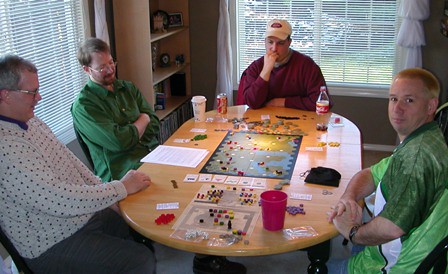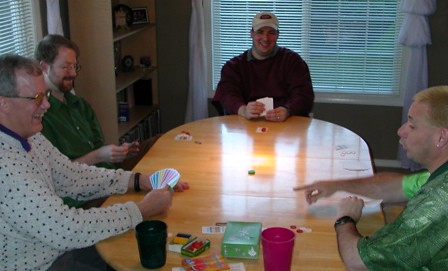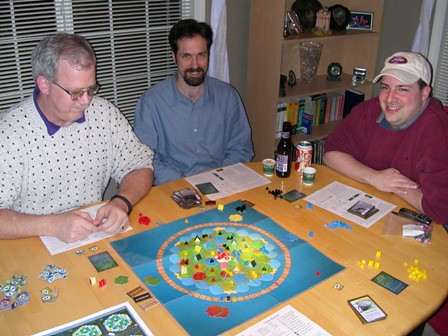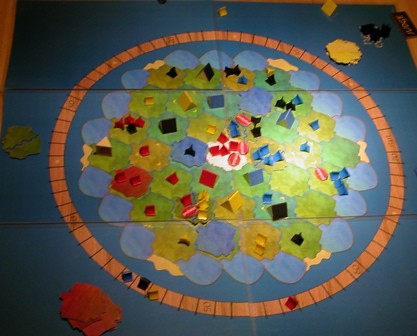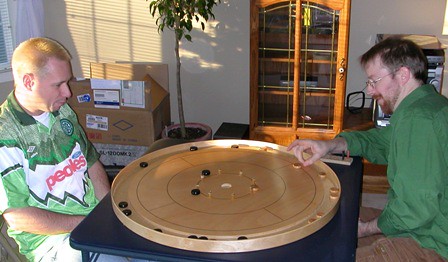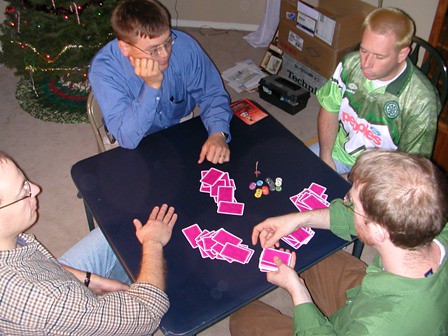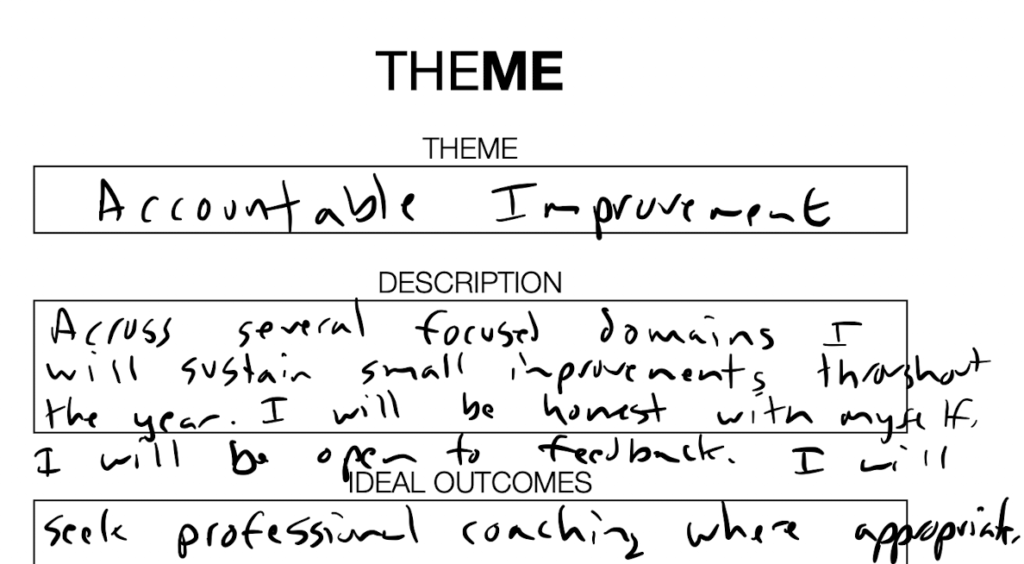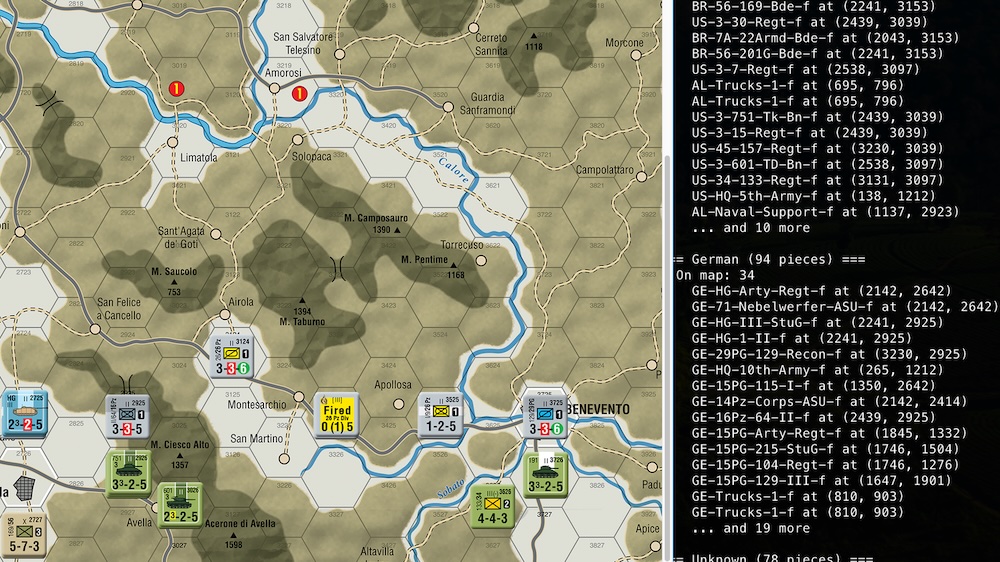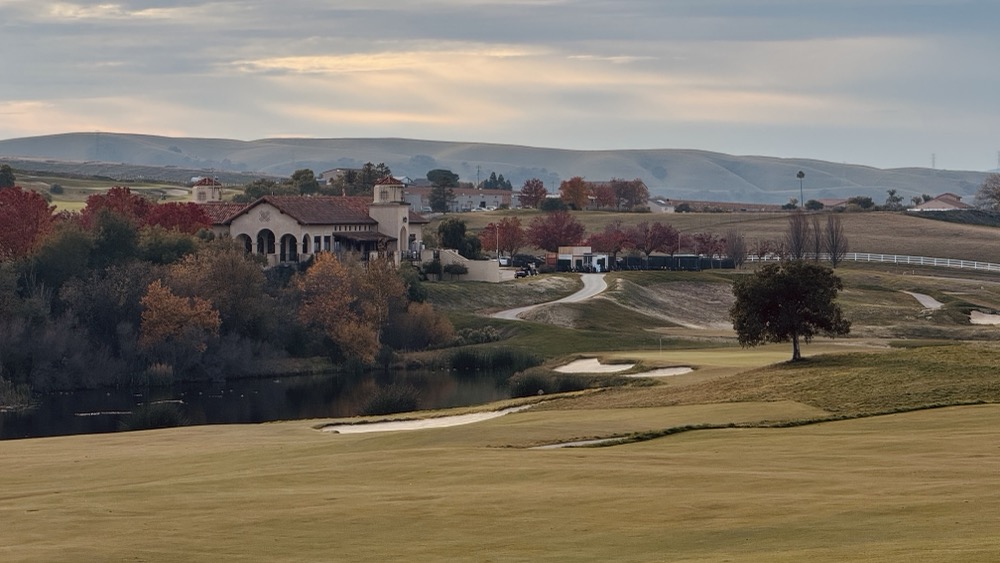Gaming with the Rip City Gamers
I managed to spend most of Monday in nearby Tigard with some new friends in the Rip City Gamers group. It did a bizarre thing (for Portland) Sunday night: it snowed! Jacob was planning on joining me for the day, but the snow was too inviting so he decided to stay home and build snowmen and snow forts with Matthew.
Mike Deans was kind enough to host at his home for most of the day (10am until the late evening). Mike, Chuck, KC, and I were the early arrivers. KC and Mike were already playing Odin's Ravens, so Chuck offered to teach me the Game of Thrones CCG. Many came and went as the day moved on, and I had to leave around 5:45pm. Several attendees were kind enough to send in reports from the games I missed, so I'll include their commentary in this session report.
Odin's Ravens
KC won this one against Mike. KC took a big lead in the first hand which Mike whittled down a bit in the second. However, KC finished off the game with a fine set of plays in the third hand. Still one of Mike's favorite 2 player games.
A Game of Thrones CCG
Chuck taught me how to play this game and our first go turned out to be an extremely tight game that went right down to the last turn. Chuck shouldn't have killed his guy with the power stone on him as that would have meant the win. Chuck likes the plot card mechanism although the sealed decks seem have too many really powerful cards. Chuck: "It's probably not a CCG worth getting into right at the moment but I'd certainly play this if someone else had some decks." I really did enjoy playing this game and may have to snag a few more starter decks to see if it grabs me.
Balloon Cup
KC wanted to try this one, and Mike had only played it once with Graham. Mike claims he didn't teach it too well, and they made a few errors to start with which largely set Mike up for the win. However, it was worthwhile playing again as Mike wasn't sure there was much beyond pure luck of the draw in this game. Mike is still not sure there is a huge amount of game there, but it is fun to play.
Age of Steam
Chuck says it best: "We then fired up for the big Age of Steam game. Now I have to go on record and say that I REALLY didn't like this game after our first abortive attempt at Sun River last year. The group was not in the mood and poor Doug was struggling with the rules after only reading them once through. It was painful and I left with such a bad taste that it became the only Martin Wallace game I didn't like. However, everyone else figured it out and really got into it and my general appreciation for all things Wallace eventually got me to give it another chance. I played the Wales expansion with Mike and Dave last Friday (nice but I think it really needed four players) and so more or less had the system down. I had received some tips from Dave on strategy which I won't reveal but obviously Dave does it so much better as I pretty much botched the thing by over capitalizing and not getting enough runs early on to cushion the maintenance pain. By the time I finally got my middle line established, Mike had built around me and was taking the goods I really wanted to use. In the end, KC's superior track building strategies I think won the game for him although Chris and Mike gave him a good run for his money. Patrick and I suffered at the back of the pack me with too much maintenance costs and Patrick perhaps with not enough."
I had only played Age of Steam once before so was thrilled when this came out. I've played Volldampf several more times and was beginning to think I liked thatpredecessor more than this deeper game. This is a great game, and the track-laying and role-choosing add some difficult choices to the game that I findvery appealing.
Foppen
Chuck: "We then played a few hands of Foppen which is a nice little trick taking card game. I did well early but obviously it was due to good card deals rather than skill at card play as my huge lead went to an incredibly large deficit when I wasn't smart enough to dump high cards when others were going out. Nothing like going from first to way last in two easy steps but this gets a Will Play Happily rating from Chuck."
New Eden
I was eager to have another try at KC's prototype for his game design New Eden. I briefly mentioned this game earlier this month, and I promised to share more details this time around, so here goes.
New Eden is a game about planting crops. KC provides the following background in his rules:
In the race to the stars, the critical step for a newly discovered world is crop development, needed to feed those who would soon land to settle. Different companies and ideologies struggle to be the first to create their own stable environments, competing against other Planters and often against the land itself.
KC, Michael, Chuck, and I joined for a four-player game. This mandates the use of a smaller game board; there is also a larger one that (I believe) supports five or six players. KC made some great quick reference guides, so we consulted one of them for the starting positions. The four player games calls for each player to have three planters and three workers, and each of us starts in one corner of an approximately round world. There are no choices to be made in starting configuration, this is fixed. We did discuss briefly after playing if there would be value in having a variable starting configuration.
The goal of the game is to score victory points, which are earned through having crop majorities on game board hexes. Bonuses can be gained based on crop location (e.g., near a lake or on a mountain) or proximity to other crops of the same player. The game lasts two seasons, with a scoring round after each season.
The turn sequence looks like this:
- Players choose and reveal their actions for the turn. Each player maintains a hand of 5 action cards, which mandate a specific action that a worker or planter will take on this turn. Choosing an action also requires that each player show which unit will perform the action, and in which direction the unit will initially move.
- Players move their units in action card order. Each action card has a turn order number from 1-16 on it, so 1's go first and 16's go last. Ties are decided by the judge, and the judge role can be stolen through a fuel auction that occurs whenever there is a tie.
- Players perform the action specified on their action card. This might include planting crops, stealing crops, terraforming, retrieving an already-deployed planter, etc. This action card is then discarded.
- Players can discard up to two cards from their hands then draw cards to refill their hand to five. There is one special card: the Planter. This card can always be retrieved back into a player's hand and doesn't have to be discarded after use. Recycled cards go back to the bottom of the player's deck (potentially resurfacing later).
- Players refuel, possibly selling stolen crops to get new fuel resources. Fuel is the primary economic unit in the game and is spent to move workers and farmers across the terrain. Moving across a normal hex costs one fuel unit, turning 60 degrees costs two units, etc.
This turn order repeats until one or more players have no more workers or planters to send out on actions. This usually fixes the number of turns per season at six for the four player game, though it could last seven turns if every player plays the Mechanic action card to rescue a Planter for reuse.
The game board has a sort of north-up orientation that affects how planters plant their crops. When you land a planter on a hex, it plants three crops - one to the north, another to the southwest, and another to the southeast. If any of those hexes are occupied by another planter, then a crop will not be placed there. This makes for a sort of puzzle mechanic in this game - how do I optimally send out and position my planter to maximize the hexes where I will have a majority of crops? The typical pattern of play is for players to send out one or more planters early on to lay out crops, then use workers to put down additional crops to gain majority or steal away enemy crops to achieve the same goal. Another interesting mechanic is that when a planter lands on a hex it can steal up to two enemy crops (unless the hex is in a protected state because it has four or more crops on it). In short, there are plenty of ways to screw your neighbor to try and maximize your scoring opportunities.
I played a decent game again, but KC staged a great comeback in the second season to come away with a rather large victory. I think I made the mistake of going after Chuck with one of my last workers instead of KC. I'm not a huge fan of diligently tracking victory points for every player so I was winging it a bit when tracking who was in the lead. It was still a great time and one of the two best games I played all day (the other being Age of Steam).
KC has offered to loan me a prototype to take on the road as I travel in 2004 to evangelize this game a bit. This game is polished in many ways: the rules are in near publishable form, the cards and board look great, and the game itself is pretty well tuned.
Crokinole
I had the opportunity to sit in and play for a few minutes on Patrick's board - wow - what a difference a good board makes! We have a very old carom board at home, but now I can see why many folks invest in nice Crokinole boards. There's a great mix of tactics and dexterity in this game and I hope to play again soon.
Patrick "whooped [Mike's] ass big time" when they played one on one. KC and Mike later took on George and Patrick. George and Patrick won the first game, but Mike doesn't recall if they managed to exact revenge in the second. Either way up, it was a fun game and a great change of pace.
Die Sieben Siegel
Trick taking game where you have to predict how many tricks of each color you will take during the round. The better your prediction, the more points you score (or rather, the less negative points your score). To sum it up, "I (George) suck at trick taking games." Interesting predicting mechanic, but Thumbs Down for George after one play.
King's Breakfast
There are six suits of breakfast foods and you try to maximize the value of the cards in your hands by increasing the number of cards in each suits in the king's breakfast. But you also
want to get more of the high value cards by taking them in your hand instead of moving them to the king's table. So it becomes a balancing act of having the same number of cards in each suit in your hand as there are corresponding cards on the king's table. But don't get too
many or they will be worthless. Fun little filler game, although George still has that nagging feeling that we messed up on the player turn cycle.
Finstere Flure
Mike managed to win this one with Dave, George, KC, Michael and Patrick also playing. Mike managed to get all his pieces chomped in the first round which turned out to be A Good Thing as he was able to keep all his guys together in a sneak around the edge play while the monster was off on other business. At the end he sacrificed a token to divert the monster from his other 2 tokens to allow them to exit. Mike is still only luke warm on this game, "don't know why."
New England
George played a magnificent game and scored a fine win. He managed to get the 2 10-point square cards which gave him a great start and he balanced his buys better than Mike did to win by 2 points. Still one of Mike's favorites and I'm amazed that it hasn't his the table since the May Sun River event. I'm sorry I missed this one!
Royal Turf
Chuck then played Royal Turf with Michael and KC and Chuck won pretty handily. We think KC had only played once before and it was Michael's first go so Chuck had a bit of an advantage and won in pretty much a landslide. Chuck likes this game a lot although it suffers a bit in groupthink on the betting after only a few plays. Still, Chuck is thinking of buying this game which means it goes on his Will Request to Play for shorter, filler games.
Fist of Dragonstones
Dave, Michael, and Chuck closed with Fist of Dragonstones which Chuckand Dave agree is one of the best blind bidding games they've played (ed.: I can't stand this game!). Still, while Chuck likes some aspects of blind bidding, a game built pretty much solely around it is too much of a luckfest to earn his highest honors so it stays at a Will Play Happily.
For reference, here is Chuck's game rating scale:
Since everyone else is creating their own rating system, I'm coming up with my own. Rather than a numeric system, here are my ratings; Won't Ever Play Again, Will Play Only If Nothing Better To Do, Will Play Happily, or Will Ask/Request/Demand By Name For This Game to Be Played. Clearly my system is better than arbitrary numeric ratings as this is relevant to what people will actually play and like. I hereby demand that Dave re-do his survey and re- correlate people although I imagine I'm still the black sheep of the group. See, that B+ in my Advanced Statistics class was a fluke after all.






